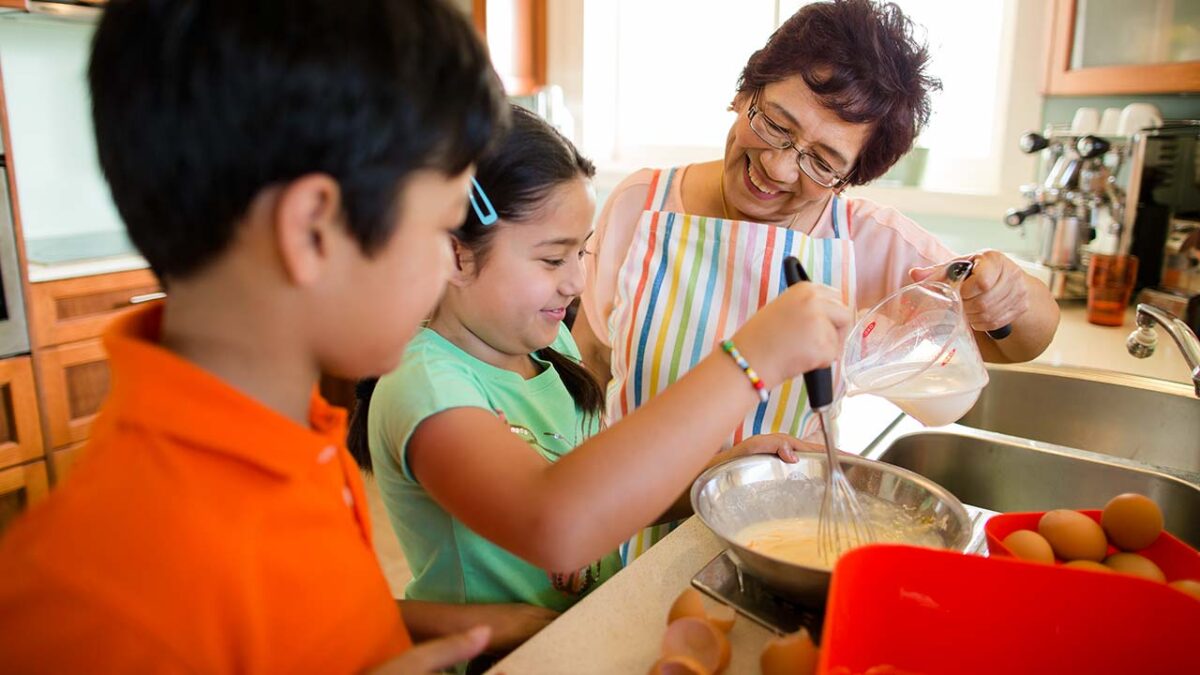Handwriting is an incredibly complex skill. Many times, the difficulties might get overlooked. Here is a list of what an occupational therapist might observe or assess during a routine handwriting assessment: Depending on your child’s specific needs including motivation level, age, current handwriting level, and ability to complete certain functional tasks, a therapist may observe […]
Traveling with Children: Car Seat Safety
Written by: Sarah Duckworth OTR/L, OTD *These are general recommendations. For car seat and vehicle specific information, please read both your car seat and vehicle manuals or ask your local Child Passenger Safety Technician* Ensuring the safety of children in vehicles is a top priority for parents while traveling to school, therapy appointments, and around […]
Torticollis, brachycephaly, plagiocephaly: what are they and how can physical therapy help?
Written by: Emily Boyd, PT, DPT These three words may sound foreign and a little intimidating to a parent when hearing them for the first time from your child’s doctor, however if you know what they mean and what to watch out for they no longer have to be scary! Torticollis is a condition that […]
Is AAC Right For My Child?
Written By: Alia Shoemaker, MS, CCC-SLP What Is AAC? Augmentative and Alternative Communication (AAC) refers to any way a person can communicate apart from vocal speech. This might include: Unaided AAC Aided AAC When your child’s SLP refers to AAC, they are most likely referring to Aided AAC. Who Can Benefit from AAC? All people […]
Finding Balance: Navigating the Demands of Parenting and Self-Care
Written By: Larry “Odele” Prentice MS, LPC, NCC, CCTP, CYMHC, Mental Health Clinical Supervisor-Birmingham, Chelsea, & Huntsville The Importance of Self-Care When I was training to become a mental health therapist, my instructors and supervisor always emphasized the concept of self-care. The idea is that self-care enables therapists to maintain an optimal level of functioning […]
Why Won’t My Baby Eat?
Written by: Martha Davis, M.S., CCC-SLP Helping your baby transition from liquids to solids is a common stressor for parents. In typical development, the transition between bottle or breast to purees/solids is fairly smooth. There may be some gagging or refusal, but after a short period of time (a couple of weeks), they get the […]
Language Processing
Written by Anna Woodfin, Speech-Language Pathologist Did you know that there are different types of language development? As an SLP working with younger children who are not talking or talking very little, this is something that I regularly think through about my clients. One type of language development or processing is called “Analytic Language Processing.” […]
Four Practical Tips for Screen Time with Your Toddler
By: Rachel Evans, Speech-Language Pathologist In today’s tech-savvy world, we are inundated with screens. From smart phones and tablets to computers and TVs, these devices have made their way into the fabric of our daily lives. For children, a myriad of apps, games, and shows are right at their fingertips to consume. Since the onset […]
The Power of Choice for Our Children
Most caregivers would tell you that their biggest goal is to raise happy and healthy children. Simple, right? In a world often filled with uncertainty and instability, this can sometimes feel like a feat within itself. As adults, we often face our own struggles and find it difficult to be happy and healthy so how on earth are we supposed to help our children feel something that at times feels unattainable for ourselves?! The […]
Helpful Food Tips for “Picky Eaters”
Written by: Chandon Hines, M.S.OTR/L Did you know that there are at least 32 steps to eating?! That makes feeding and eating THE MOST complex action that humans perform on a daily basis. It involves all 8 of our sensory systems (taste, smell, touch, hearing, sight, proprioception, vestibular, and interoception) as well as each of […]



